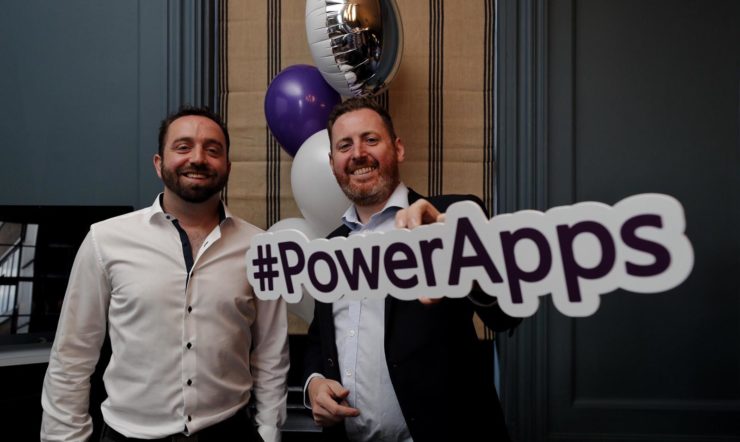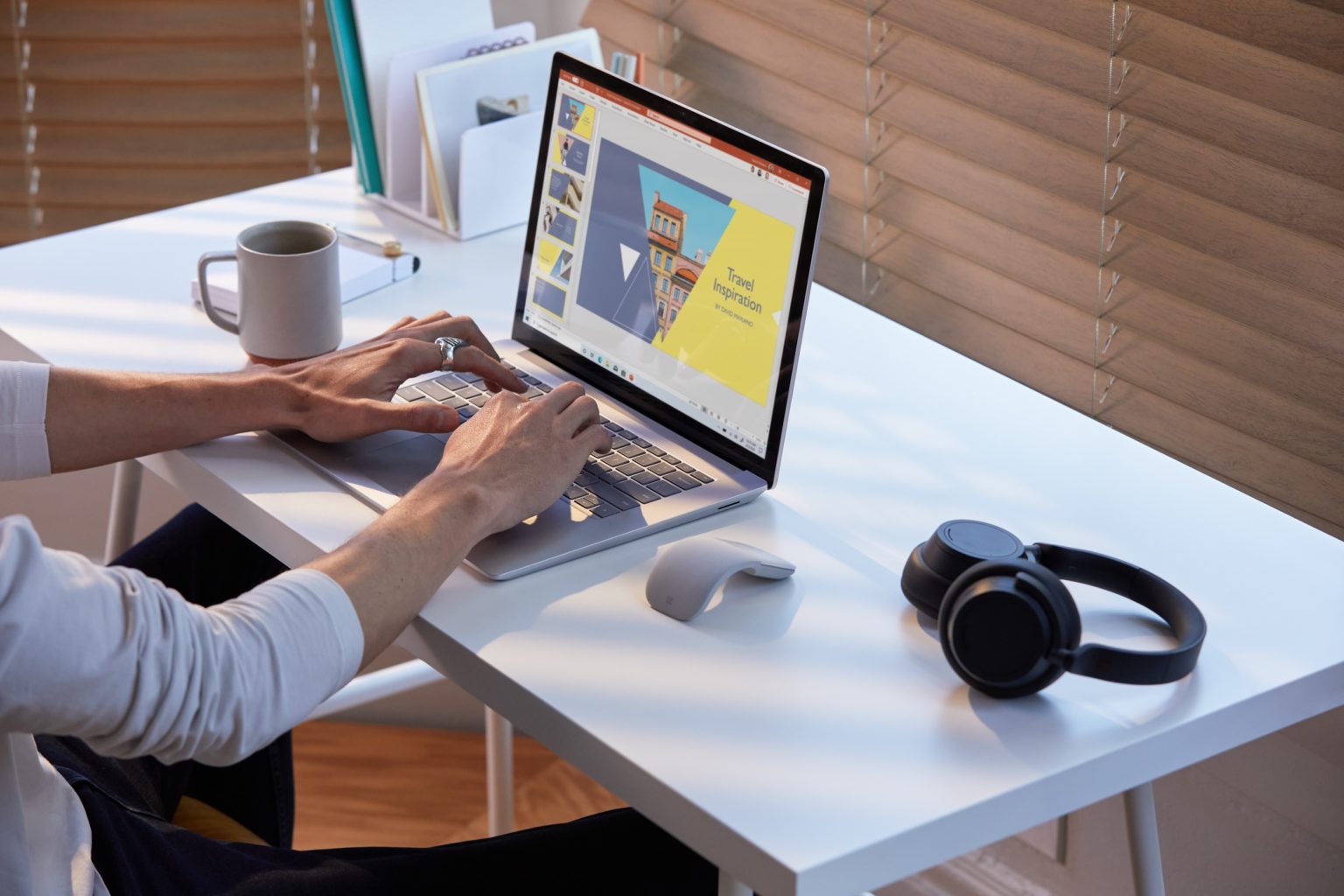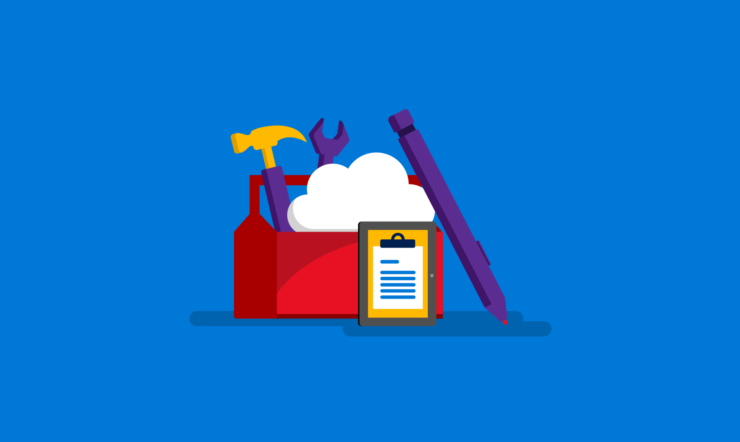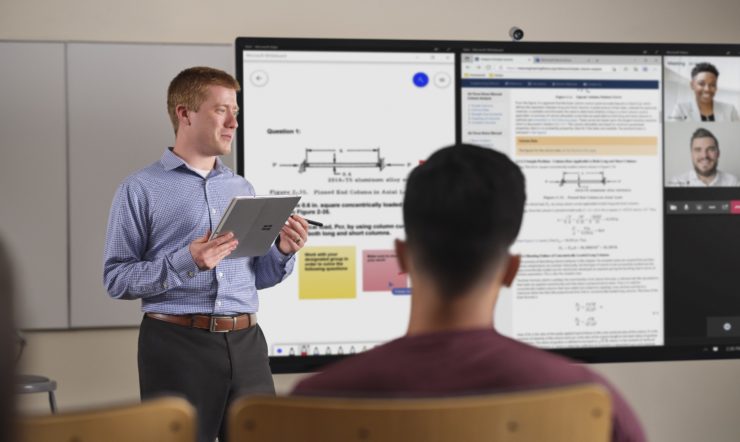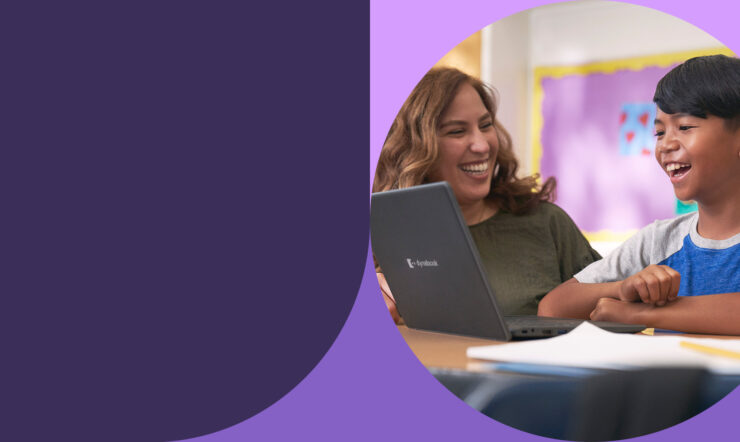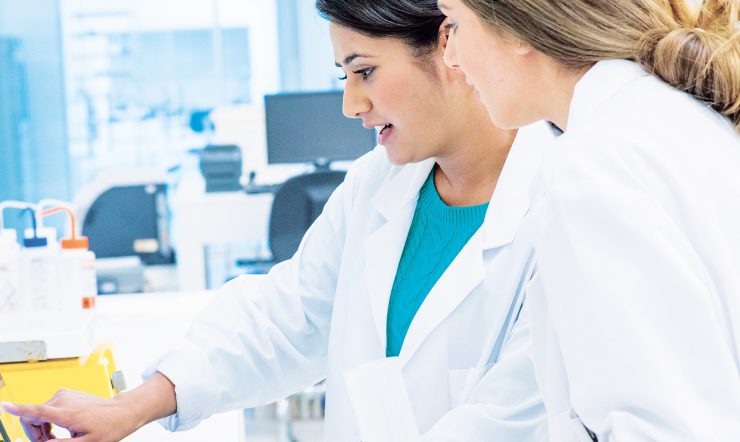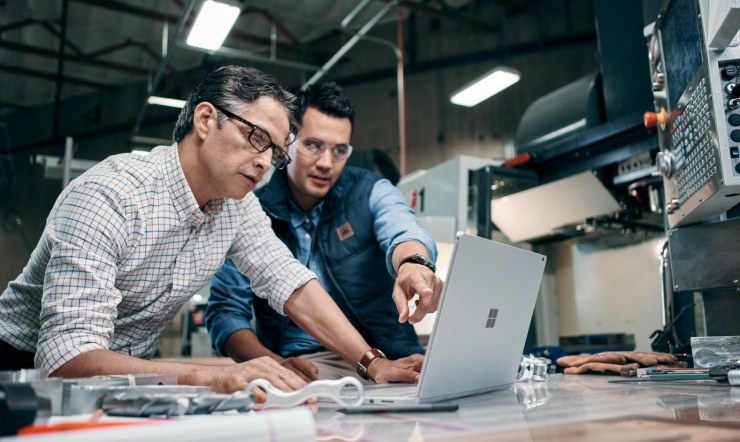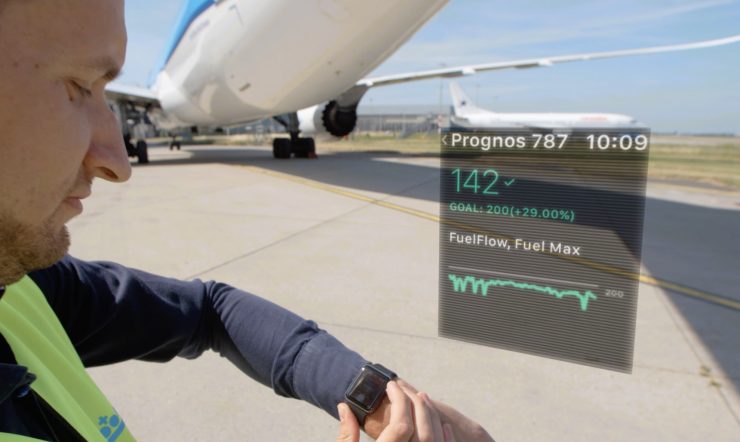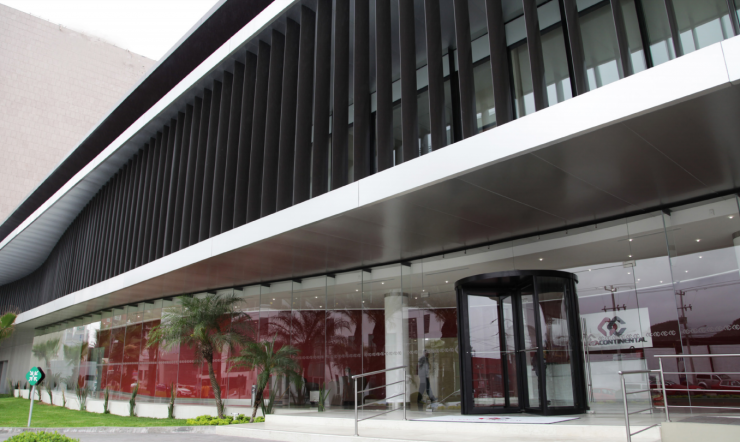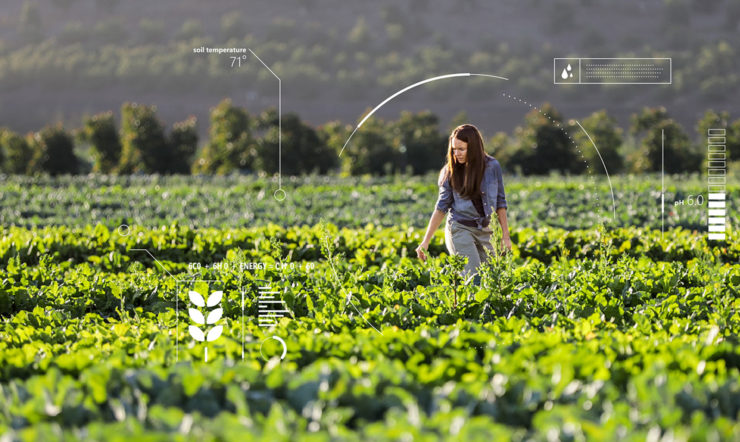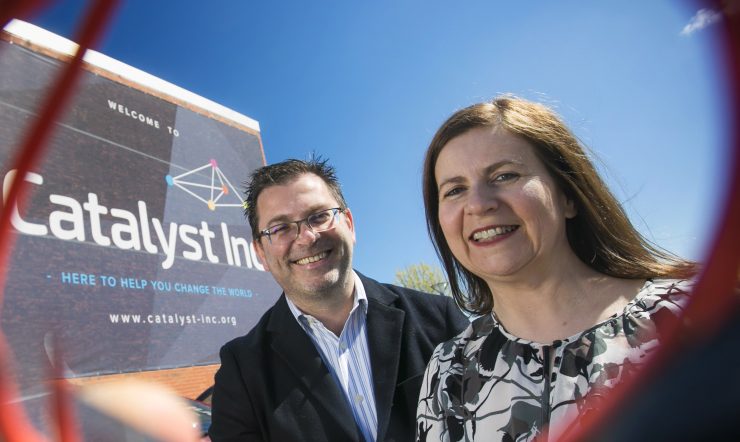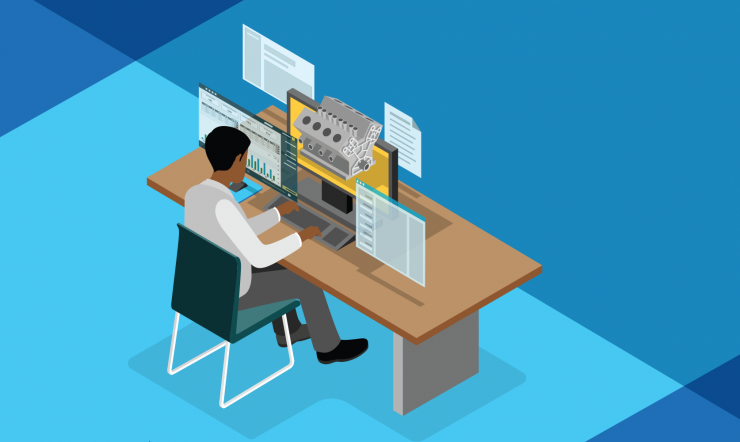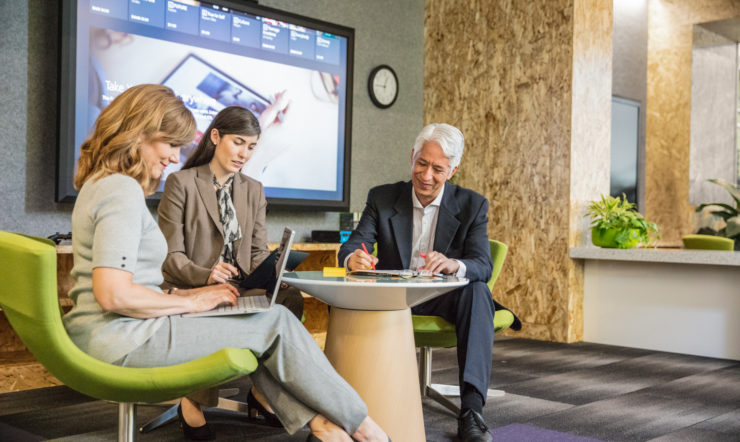Adapting to the “Never Normal” and Innovating in Challenging Times
Overnight, how and where we work has been transformed. The pandemic has presented major challenges for businesses and the wider society, forcing a rethink of everything from how we do business, to how we socialise and how we communicate.
We are living in a rapidly–changing world where the need to learn and adapt has never been greater. We hosted the first–ever “Microsoft Talk” this week, a live Microsoft Teams event where inspiring industry innovators and leaders shared some fascinating insights on how organisations can adapt and show true innovation during a time of crisis. The event included a panel discussion with Margaret Burgraff, Partner at Continuous Ventures & former Intel Vice President; Rosemay Garth, Communications Director, Irish Distillers; and Lurlene Duggan, Chief Learning Officer at Microsoft. The discussion was moderated by former journalist and entrepreneur, Mark Little.
The event was nicely kicked-off by our National Tehcnololgy Officer, Kieran McCorry who quoted an old Chinese proverb:
When the wind of change blows, some build walls, while others build windmills.
Adapting to the “Never Normal”, to quote Mark Little.
One of the constant themes throughout the discussion was the need to innovate, evolve and adapt both from a business and personal perspective. Businesses need to constantly look for new ways to adapt to the challenges presented to find their purpose and thrive. This is also true on a personal level, as we learn new skills to prepare ourselves for the workplace of the future.
It was fascinating to hear how Margaret Burgraff built her stellar career based on the belief that things are “never normal” and training herself to be “comfortable in the uncomfortable”. She is constantly seeking out disruption and searching for new and exciting innovations that provide solutions.
She summed up the need to adapt to the disruption the world is currently encountering by referencing Darwin’s Origin of Species:
It is not the most intellectual of the species that survives; it is not the strongest that survives, but the species that survives is the one that is best able to adapt and adjust to the changing environment in which it finds itself.
Stepping up for customers, employees and society
There are many great examples of organisations stepping up during the pandemic. During the discussion we heard how Irish Distillers Limited has responded to the current operating environment, adapting to meet the needs of its brands, customers and the wider society.
Since early-March, it has been using its Jameson distillery to produce free hand sanitizer for healthcare workers, as it was in short supply across Ireland. Using the skills that sit within an organisation to meet the wider needs of society is something the company’s Communications Director Rosemary Garth spoke passionately about during the event. As she put it:
Now is not the time for companies to disappear. Now is the time for brands to show up and make a difference.
As well as digitally adapting its own business to ensure its employees can continue to work remotely throughout the crisis, Irish Distillers has also developed upskilling initiatives to support workers from the hospitality sector that have temporarily lost their jobs during the lockdown.
Microsoft’s Lurlene Duggan, emphasised the importance of finding ways to upskill workers. For example, In Ireland, we have 40,000 people working in the developer space today, but we will need 165,000 to meet the future job opportunities created in areas like Artificial Intelligence. She also shared information about Microsoft’s new global skills initiative aimed at bringing more digital skills to 25 million people worldwide by the end of the year.
Looking at Microsoft from an innovation perspective, over the last number of years we have really focused on our employee base, helping our employees to understand their capabilities for us to grow as a company.
About three or four years ago, we looked at how we could start developing a growth mindset throughout the company. When we looked at our employees, we needed our sales teams to be more technical, and our research teams to become more field focused. For our customers and partners, we really need to provide them with the skills they need to realise the full value and potential of the Microsoft technology they use.
When it comes to digital transformation, you need people with the skills – to adapt to – and implement this change. For a business to innovate and reach its full potential, it first has to understand the capabilities of its existing employees and bring them on that journey in terms of their development. In fact, research from Microsoft found that 74% of employees will happily retrain if they see it will keep them employed.
Employee upskilling as well as attracting new talent will require organisations to radically rethink how they will operate and transform to meet both the challenging current climate as well as future recovery.
With disruption comes new opportunities. Despite the current disruption, we can’t stand still. We need to continue to upskill and adapt to thrive in the never normal.
Shirley Finnerty,
M365 Business Group Lead
